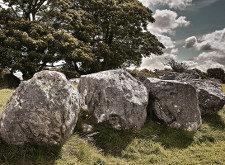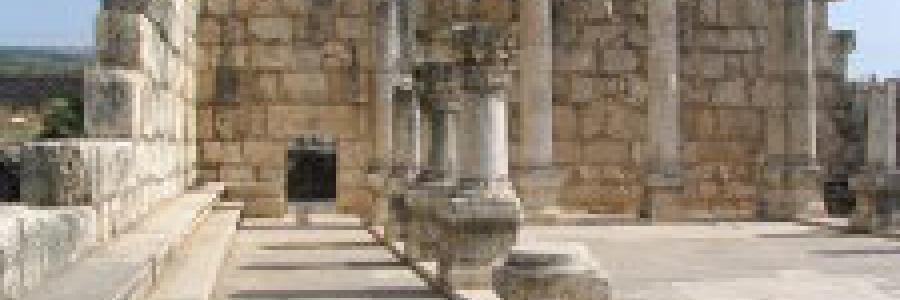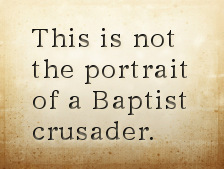Graves, Landmarkism and the Kingdom of God (Part 4)
 Landmarkism and “Apostolic Succession”: a Common Misconception
Landmarkism and “Apostolic Succession”: a Common Misconception
It is a common charge to say that Landmarkers believe in a chain-link, almost apostolic-like succession of local churches. What saith Graves?
Landmark Baptists very generally believe that for the Word of the Living God to stand, and for the veracity of Jesus Christ to vindicate itself, the kingdom which He set up “in the days of John the Baptist,” has had an unbroken continuity until now.1
This makes good sense, from Graves’ point of view. However, he takes great pains to emphasize he is not speaking of an apostolic succession of churches.2 So, what on earth does he mean?




 Read
Read 
Discussion